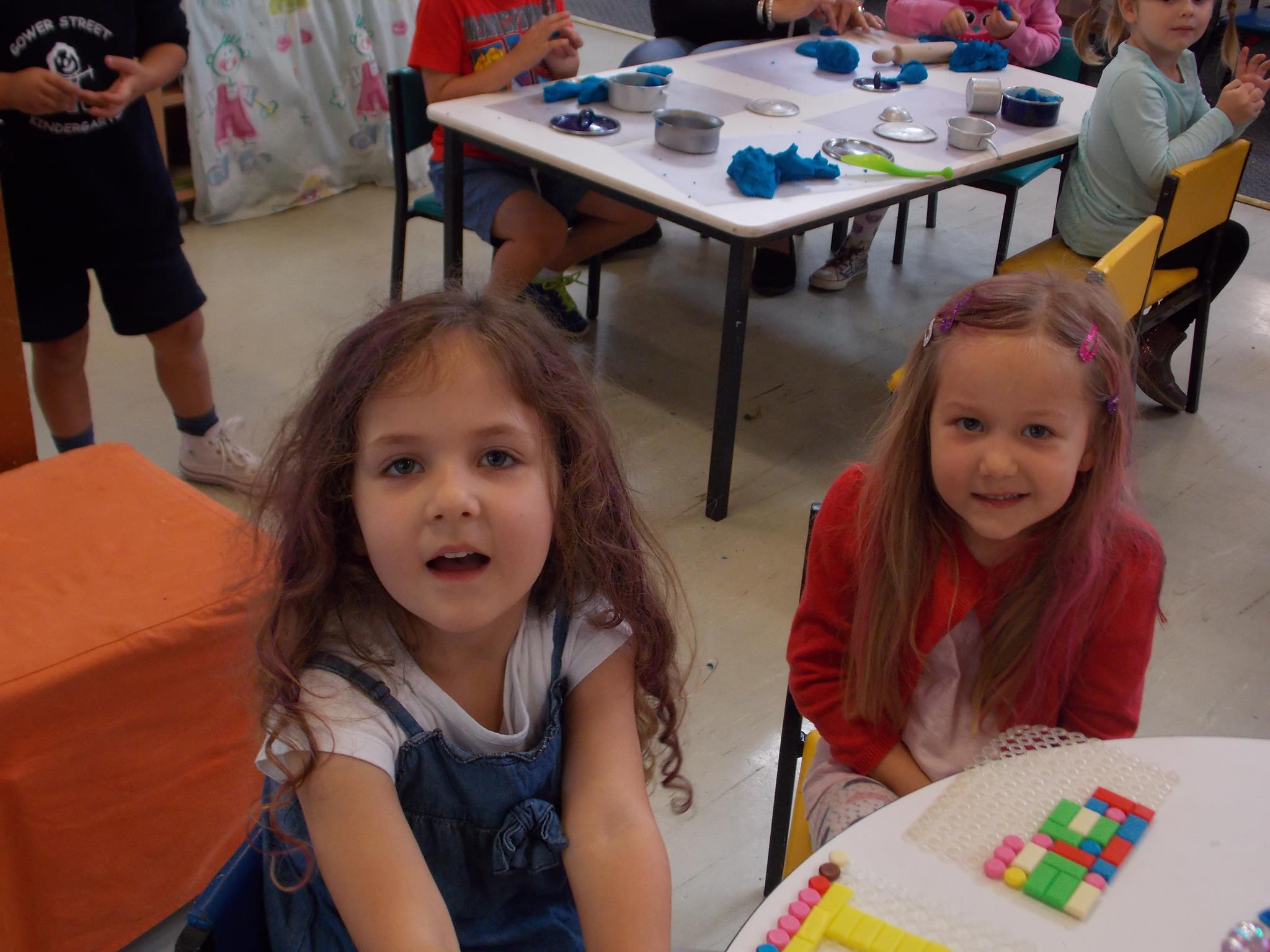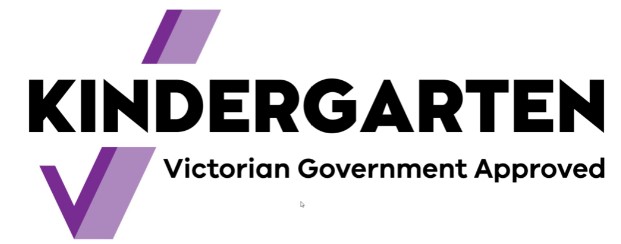Language Development in Kindergarten: The Building Blocks of Communication
30 September 2024
Uncover the vital components of language development in kindergarten with Gowers Kindergarten. Focus on vocabulary building, phonemic awareness and more.
Language development in kindergarten forms the foundation for a child’s future academic and social success. During these formative years, children rapidly expand their linguistic abilities, moving from simple words and phrases to more complex sentences and conversations. Kindergarten provides a structured environment where young learners can refine their language skills through various activities, interactions, and guided instruction. This crucial period sets the stage for effective communication, reading proficiency, and overall cognitive growth.
The Importance of Early Language Development
Early language development plays a vital role in a child’s overall growth. Research has shown that the skills acquired in the early years are closely linked to later success in reading, writing, and social interaction. Children who develop strong language skills early are better equipped to understand complex concepts, express their needs and ideas, and engage in meaningful social interactions. A solid foundation in language also supports cognitive development, as it helps children make sense of their world and learn new information more effectively.
Vital Components of Language Development in Kindergarten
Language development in kindergarten encompasses several key components that work together to build a child’s linguistic competence. Let’s explore these essential elements:
• Vocabulary Expansion – Building a rich vocabulary is fundamental for language development. In kindergarten, children are introduced to new words through stories, conversations, and interactive activities. Teachers and parents can enhance vocabulary growth by consistently using descriptive language and encouraging children to use new words in context. Engaging in activities such as reading aloud, playing word games, and discussing various topics helps children learn and retain new vocabulary.
• Phonemic Awareness – Phonemic awareness involves understanding the sounds that make up words. This skill is crucial for learning to read and write. Kindergarten activities that promote phonemic awareness include rhyming games, sound matching, and segmenting words into individual sounds. By recognising and manipulating these sounds, children develop the ability to decode written language and build foundational reading skills.
• Sentence Structure and Grammar – Understanding sentence structure and basic grammar rules is another important aspect of language development. In kindergarten, children begin to form simple sentences and learn how words fit together to convey meaning. Teachers support this development by modelling correct sentence structures, engaging children in structured conversations, and providing opportunities for practice. Correct usage of grammar helps children communicate more clearly and understand written texts better.
• Listening and Comprehension Skills – Effective communication also relies on good listening and comprehension skills. In kindergarten, children are encouraged to listen carefully and respond to spoken language. Activities such as listening to stories, answering questions about texts, and following verbal instructions help children develop these skills. Improving listening and comprehension abilities supports overall language development and helps children better understand and engage with their surroundings.
To support your child’s language development, consider enrolling them in a kindergarten program that emphasises these vital components. Gowers Kindergarten is dedicated to providing quality early education and language development opportunities to set your child on the path to success. Reach out now to learn more about our programs and how we can help your child thrive.

